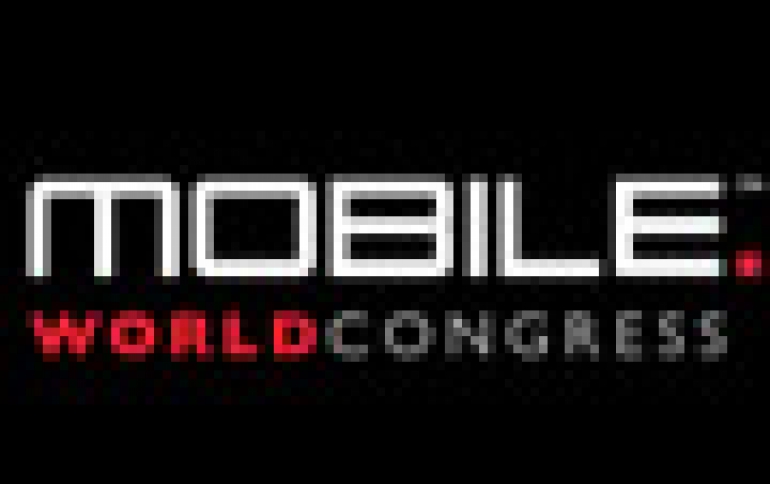
Google Embraces Mobile, Demonstrates Phone That Translates Text
Google CEO Eric Schmidt put mobile at the heart of the Internet giant?s future in a special keynote at Mobile World Congress late this afternoon. He added that Google is working on software that translates text captured by a phone camera.
Schmidt outlined how Google?s top programmers were now concentrating on mobile as their primary focus; he also pointed to recent acquisitions in the mobile space, notably AdMob.
Unveiling a new Google mantra - 'Mobile First' - Schmidt proclaimed that three unique areas had now converged on the mobile device: computing power, interconnectivity and the cloud: "The phone is where these three all interconnect and you need to get these three waves right if you want to win." He highlighted Internet phenomenons such as Spotify, Facebook - and Google itself - as leading the cloud concept across both fixed and mobile. "If you don?t use the power of the cloud you will fail," he said.
Google programmers joining Schmidt on stage demonstrated the firm?s latest developments, including efforts to merge its speech and image recognition technology; the firm impressed with a preview of an optical character recognition (OCR) tool that was able to recognise and translate a picture of a German menu into English. Google announced that German has now been added to its speech system as its fourth language.
During an Android demonstration, Google?s Eric Tseng announced that the platform now supports Flash ? the full Flash version (10.1) rather than Flash Lite ? allowing gaming and movies over handsets. The announcement will give Android devices an advantage over Apple?s iPhone, which does not support the technology.
Unveiling a new Google mantra - 'Mobile First' - Schmidt proclaimed that three unique areas had now converged on the mobile device: computing power, interconnectivity and the cloud: "The phone is where these three all interconnect and you need to get these three waves right if you want to win." He highlighted Internet phenomenons such as Spotify, Facebook - and Google itself - as leading the cloud concept across both fixed and mobile. "If you don?t use the power of the cloud you will fail," he said.
Google programmers joining Schmidt on stage demonstrated the firm?s latest developments, including efforts to merge its speech and image recognition technology; the firm impressed with a preview of an optical character recognition (OCR) tool that was able to recognise and translate a picture of a German menu into English. Google announced that German has now been added to its speech system as its fourth language.
During an Android demonstration, Google?s Eric Tseng announced that the platform now supports Flash ? the full Flash version (10.1) rather than Flash Lite ? allowing gaming and movies over handsets. The announcement will give Android devices an advantage over Apple?s iPhone, which does not support the technology.




















